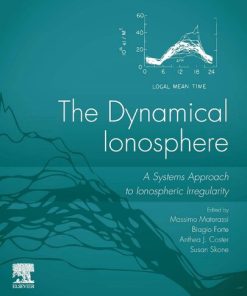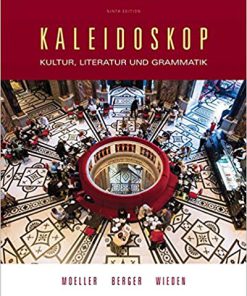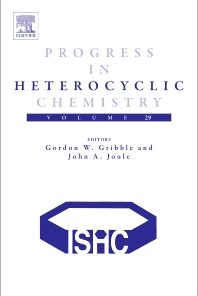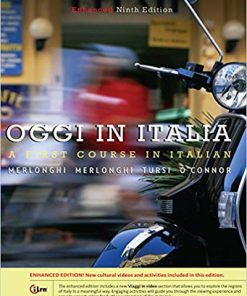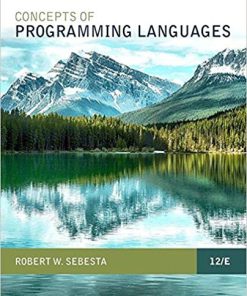(eBook PDF) Rich Languages From Poor Inputs by Massimo Piattelli
$50.00 Original price was: $50.00.$35.00Current price is: $35.00.
(eBook PDF) Rich Languages From Poor Inputs by Massimo Piattelli – Instant Download
(eBook PDF) Rich Languages From Poor Inputs by Massimo Piattelli – Digital Ebook – Instant Delivery Download
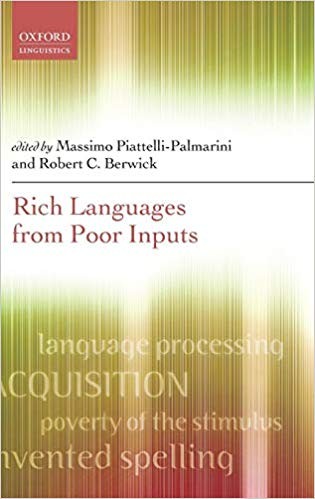
product details:
- ISBN-10 : 0198736711
- ISBN-13 : 978-0198736714
- Author: Massimo Piattelli-Palmarini (Editor), Robert C Berwick (Editor)
This book addresses one of the most famous and controversial arguments in the study of language and mind, the Poverty of the Stimulus. Presented by Chomsky in 1968, the argument holds that children do not receive enough evidence to infer the existence of core aspects of language, such as the dependence of linguistic rules on hierarchical phrase structure. The argument strikes against empiricist accounts of language acquisition and supports the conclusion that knowledge of some aspects of grammar must be innate. In the first part of Rich Grammars from Poor Inputs, contributors consider the general issues around the POS argument, review the empirical data, and offer new and plausible explanations. This is followed by a discussion of the the processes of language acquisition, and observed ‘gaps’ between adult and child grammar, concentrating on the late spontaneous acquisition by children of some key syntactic principles, basically, though not exclusively, between the ages of 5 to 9. Part 3 widens the horizon beyond language acquisition in the narrow sense, examining the natural development of reading and writing and of the child’s growing sensitivity for the fine arts.
table of contents:
1. Introduction, Massimo Piattelli-Palmarini and Robert C Berwick
Part 1 Poverty of the Stimulus and Modularity Revisited
2. Poverty of the Stimulus Stands: Why recent challenges fail, Robert C. Berwick, Noam Chomsky, and Massimo Piattelli-Palmarini
3. Children’s Acquisition of Syntax: Simple models are too simple, Xuan-Nga Cao Kam and Janet Dean Fodor
4. Poverty of the Stimulus: Willingness to be puzzled, Noam Chomsky
5. Revisiting Modularity: Using language as a window to the mind, Susan Curtiss
6. Every Child an Isolate: Nature’s experiments in language learning, Lila Gleitman and Barbara Landau
Part 2: Discrepancies Between Child Grammar and Adult Grammar
7. Recent Findings About Language Acquisition, Jean-Remy Hochman and Jacques Mehler
8. Ways of Avoiding Intervention: Some thoughts on the development of object relatives, passive, and control, Adriana Belletti and Luigi Rizzi
9. Merging From the Temporal Input: On subject-object asymmetries and an ergative language, Itziar Laka
10. Tough-Movement Developmental Delay: Another effect of phasal computation, Ken Wexler
11. Assessing Child and Adult Grammar, Julie Anne Legate and Charles Yang
12. Three Aspects of the Relation Between Lexical and Syntactic Knowledge, Thomas G. Bever
Part 3: Broadening the Picture: Spelling andRreading
13. Children’s Invented Spelling: What we have learned in forty years, Charles Read and Rebecca Treiman
14. How Insights into Child Language Changed the Development of Written Language, Stephanie Gottwald and Maryane Wolf
15. The Phonology of Invented Spelling, Wayne O’Neil
16. The Arts as Language: Invention, identity, and learning, Merryl Goldberg
References
Index
people also search:
You may also like…
Languages - General & Miscellaneous Languages - Reference
Conectados (World Languages) 1st Edition Patti J. Marinelli – eBook PDF
Earth Sciences - Meteorology, Climatology
Medicine - Immunology
Clinical Immunology: Principles and Practice 6th Edition Robert R. Rich – eBook PDF
Computers & Technology
(eBook PDF) Concepts of Programming Languages 12th Edition by Robert W. Sebesta




